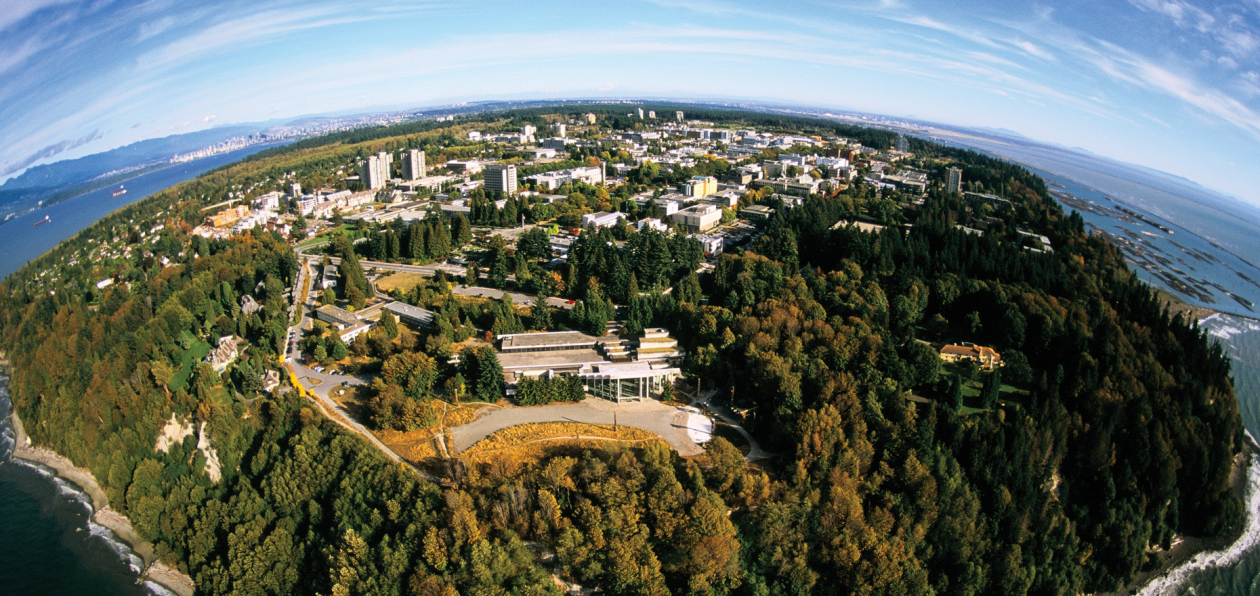What is physical literacy? Who can be physically literate? To be honest, when I try to picture what the stereotypical physically literate person would look like in my head, I picture someone in their 20s-30s, probably male, who is fairly muscular and is skilled in almost every sport they attempt. However, after viewing the class readings and discussions, I’ve tried to think critically about what different types of physically literate people might look like. For example, I would view an eighty-year old male who goes on very long walks everyday and likes to do exercises to keep his mental skills sharp to be quite physically literate even if he is not as physically strong as someone in their twenties.
Although I really appreciate the emphasis on mental and physical health mentioned by Whitehead (2010) and PHE Canada, I wonder if the definitions are a bit narrow or intimidating. For example, PHE Canada says a physically literate individual is one that moves with confidence or competence in a wide variety of areas (2010) but depending on how you define “competence”, there may be very few individuals that fit into this category. For older adults or children with special needs or physical disabilities, having competence in a “wide variety of areas” may be particularly challenging for them. I think we need to have a broader definition of physically literacy that places emphasis on an intrinsic love for physical activity and is more inclusive of people of different abilities and age groups.

Emily, I have also been thinking about what defines physical literacy, and how these definitions don’t always fit our initial ideas. In class I was thinking about various people who don’t fit the stereotypical “fit person” that you described; for instance, Olympic shot-putters often appear to be overweight, yet they are obviously physically literate as they are competing at such a high athletic level. I also liked your idea of an elderly man who still does his best to be mentally and physically active; I think this is an important idea of physical literacy that is usually overlooked. Like you, I also appreciated the emphasis on mental health as well as physical health. The importance of mental health was totally overlooked in my childhood schooling, and I’m glad that we will be able to share the importance of mental health with students when we (hopefully!) become teachers.
I really connect with your thoughts about what defines “competency,” and how the definitions for physical literacy that we learned may not be able to include some people. I had never thought of this. You suggested that the definition of physical literacy should be changed so that these people can be included. But this made me wonder if there are just some people who are unable to become physically literate due to physical or mental disabilities or age? Regardless, I think you are right that the point of physical education should be to inspire the “intrinsic love for physical activity” rather than to solely encourage physical competency.